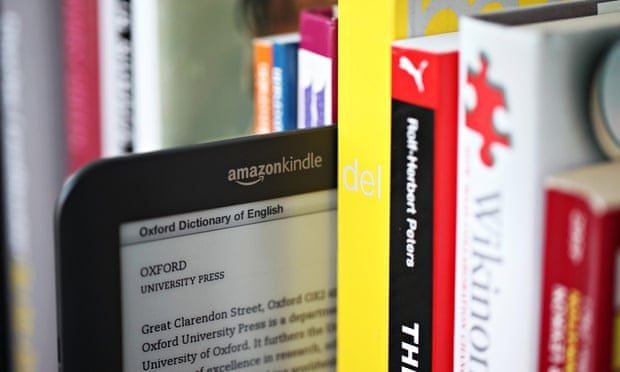A charming French novel about an old-school publisher trying to get to grips with the digital age

At more than one point in this novel I found myself asking: could this be any more French? Early on we meet a character described thus: “She used to be incredibly good-looking and now at thirtysomething she is creditably handsome.” Sorry? What the narrator, an ageing male publisher, looks like, or how creditably or uncreditably good-looking he is, we don’t find out. Another woman leaves the room “in a wiggle of buttock” – I dropped my annotating pencil when I read that line. “Artichokes require a degree of elegance” – there’s another drop of essence of Gallic for you.
But there is more to Dear Reader, and what kept me going was that one of the subjects exercising our narrator is the issue of electronic readers – Kindles or, as our hero Robert Dubois has it, the “dear reader” of the title.
This book is an elegy for a dying world: that of the printed book and, that death’s darker corollary, the reader who is still interested in, or has the attention span for, the long-form narrative. (I always thought these things were arranged better in France, with no Net Book Agreement and tax breaks for bookshops, but apparently not.) In the world of Dear Reader, there has been a general collapse of cultural understanding: the interns point out to Dubois the remarkable coincidence that the publishing house they have landed in has the same name as him. Meanwhile, Dubois cannot quite get to grips with his reader: it won’t fit into his pocket; if he falls asleep while reading it, it slams into his nose. He also has this to say:
More
But there is more to Dear Reader, and what kept me going was that one of the subjects exercising our narrator is the issue of electronic readers – Kindles or, as our hero Robert Dubois has it, the “dear reader” of the title.
This book is an elegy for a dying world: that of the printed book and, that death’s darker corollary, the reader who is still interested in, or has the attention span for, the long-form narrative. (I always thought these things were arranged better in France, with no Net Book Agreement and tax breaks for bookshops, but apparently not.) In the world of Dear Reader, there has been a general collapse of cultural understanding: the interns point out to Dubois the remarkable coincidence that the publishing house they have landed in has the same name as him. Meanwhile, Dubois cannot quite get to grips with his reader: it won’t fit into his pocket; if he falls asleep while reading it, it slams into his nose. He also has this to say:
More
No comments:
Post a Comment